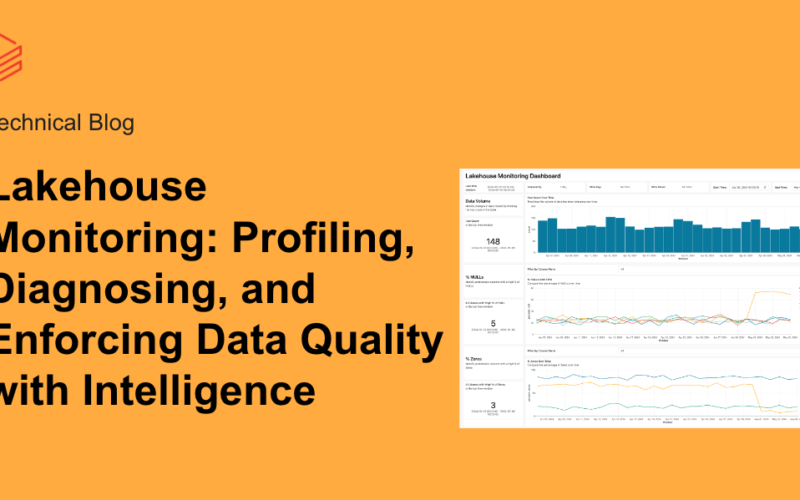When most tech companies are challenged with a lawsuit, the expected defense is to deny wrongdoing. To give a reasonable explanation of why the business’ actions were not breaking any laws. Music AI startups Udio and Suno have gone for a different approach: admit to doing exactly what you were sued for.
Udio and Suno were sued in June, with music labels Universal Music Group, Warner Music Group and Sony Music Group claiming they trained their AI models by scraping copyrighted materials from the Internet. In a court filing today, Suno acknowledged that its neural networks do in fact scrape copyrighted material: “It is no secret that the tens of millions of recordings that Suno’s model was trained on presumably included recordings whose rights are owned by the Plaintiffs in this case.” And that’s because its training data “includes essentially all music files of reasonable quality that are accessible on the open internet,” which likely include millions of illegal copies of songs.
But the company is taking the line that its scraping falls under the umbrella of fair use. “It is fair use under copyright law to make a copy of a protected work as part of a back-end technological process, invisible to the public, in the service of creating an ultimately non-infringing new product,” the statement reads. Its argument seems to be that since the AI-generated tracks it creates don’t include samples, illegally obtaining all of those tracks to train the AI model isn’t a problem.
Calling the defendants’ actions “evading and misleading,” the RIAA, which initiated the lawsuit, had an unsurprisingly harsh response to the filing. “Their industrial scale infringement does not qualify as ‘fair use’. There’s nothing fair about stealing an artist’s life’s work, extracting its core value, and repackaging it to compete directly with the originals,” a spokesperson for the organization said. “Defendants had a ready lawful path to bring their products and tools to the market – obtain consent before using their work, as many of their competitors already have. That unfair competition is directly at issue in these cases.”
Whatever the next phase of this litigation entails, prepare your popcorn. It should be wild.
Source link
lol

